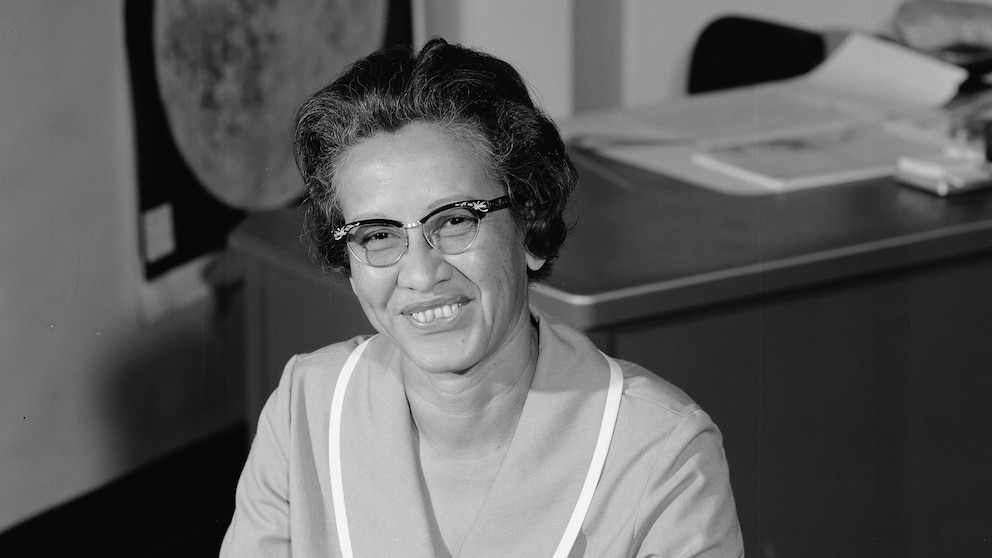Well, well, well. Isn’t it just rich? The audacity to ignore brilliant minds and then turn around to recognize that ignoring them was a colossal mistake – let’s talk about NASA’s ‘Hidden Figures’ who were finally awarded the Congressional Gold Medal.
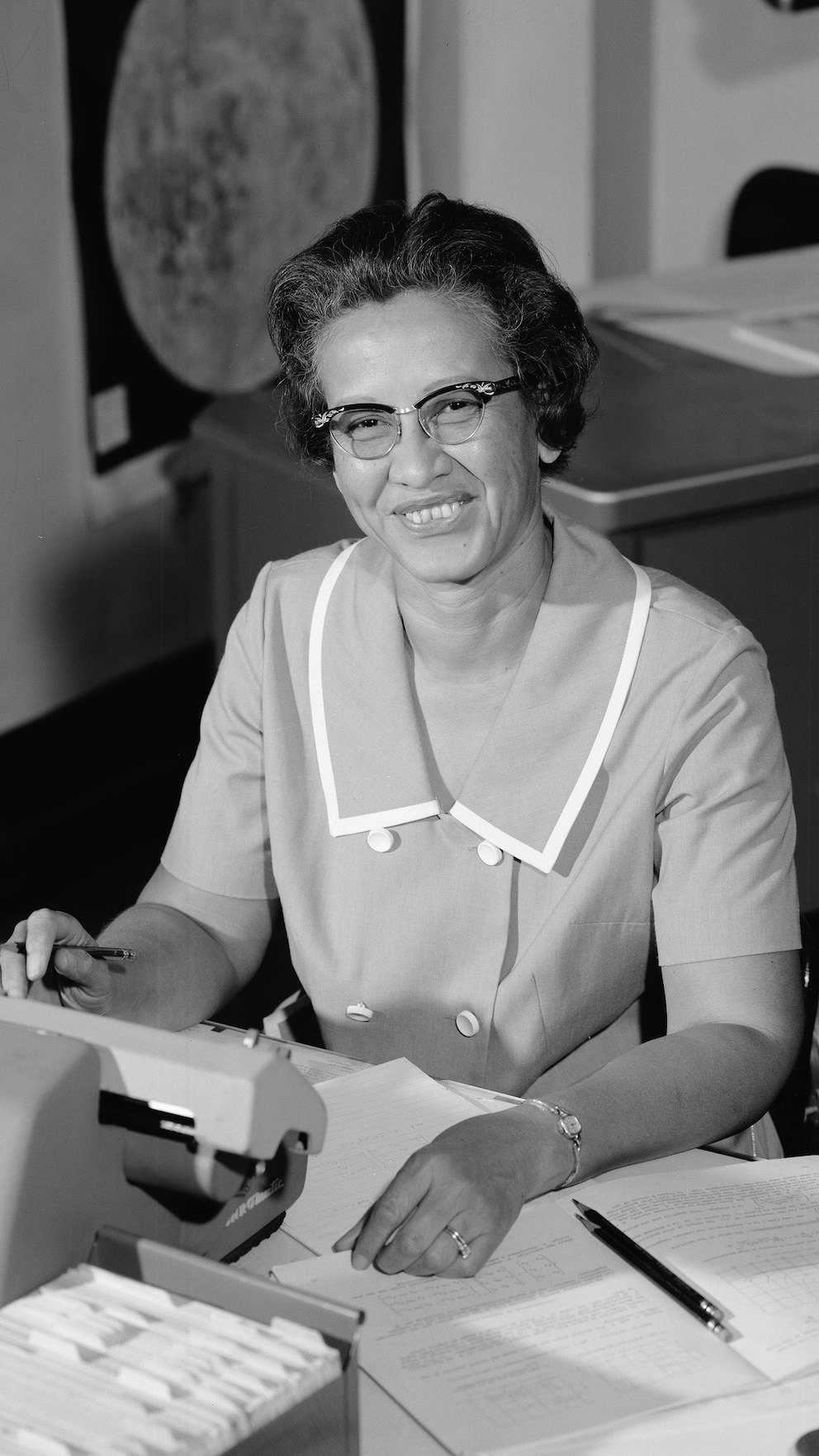
Think of the scene. The glitz and the pomp of Capitol Hill, but this time, for a seriously overdue reason. A remarkable group of Black female mathematicians, aeronautical engineers, and human computers whose trailblazing work during the space race were finally given the spotlight they always deserved.
Let’s start with three exceptional women whose names should have been household essentials decades ago. Mary Jackson, Katherine Johnson, and Dorothy Vaughan. Does that ring a bell? If not, don’t worry, the Congressional Gold Medal now serves as a loud and clear announcement to correct that.
House Speaker Mike Johnson, dispensing some fresh truth, described these phenomenal women as literal giants whose shoulders carried astronauts into the history books. Imagine crunching numbers and solving equations so transformative that they practically shoved a spaceship off a launchpad. Take that, ‘Hidden’ status!
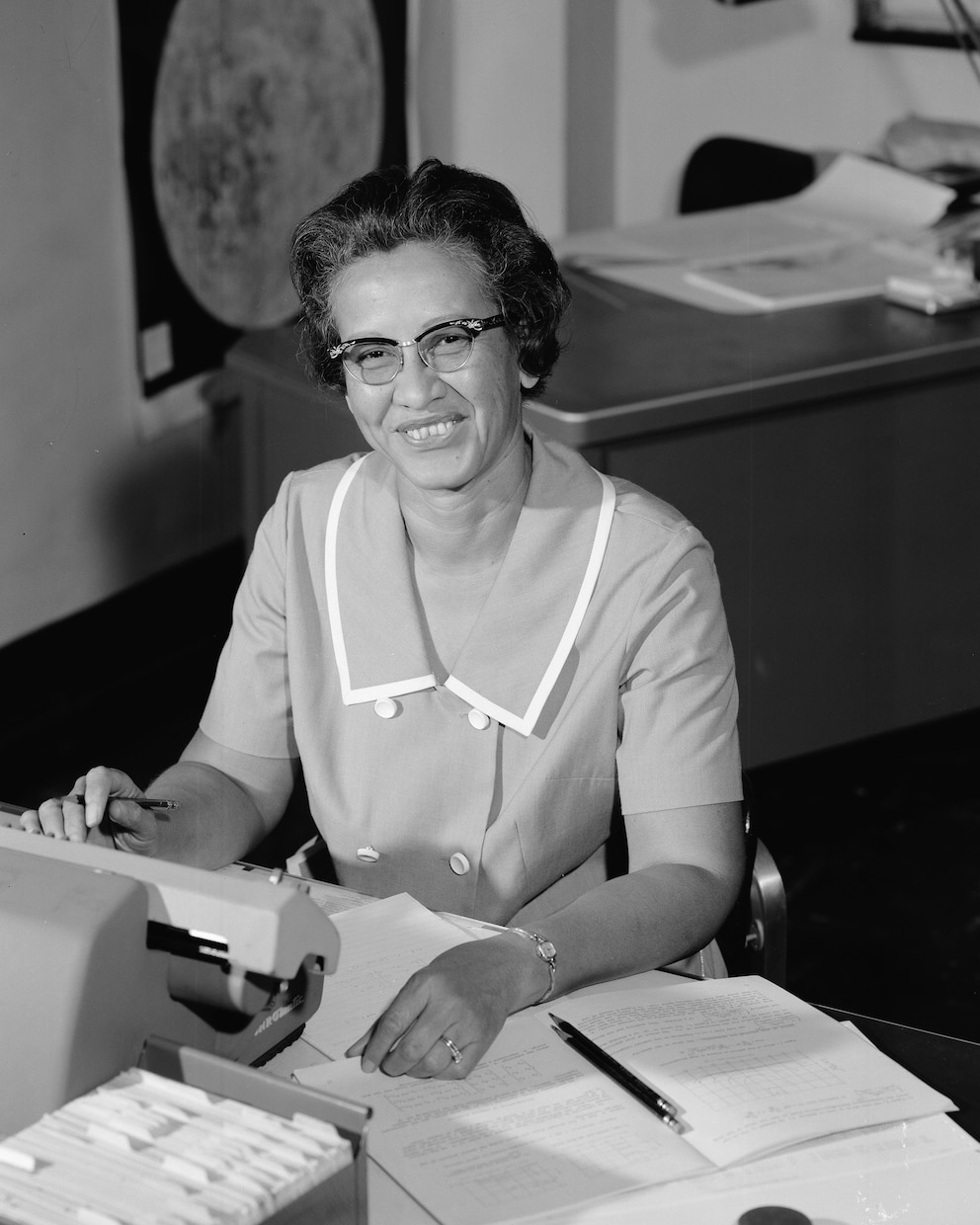
Don’t just think of Katherine, Mary, and Dorothy as support characters in a man’s space race fairytale. These were the Einstein-caliber minds writing pages of history that still echo today. Fundamentally, these women transformed their seemingly invisible roles into monumental contributions to NASA’s successes.
And let’s not leave out Christine Darden! Internationally recognized for her research into supersonic aircraft noise and sonic boom reduction – what a sound, indeed. She shattered those glass ceilings right along with sonic barriers.
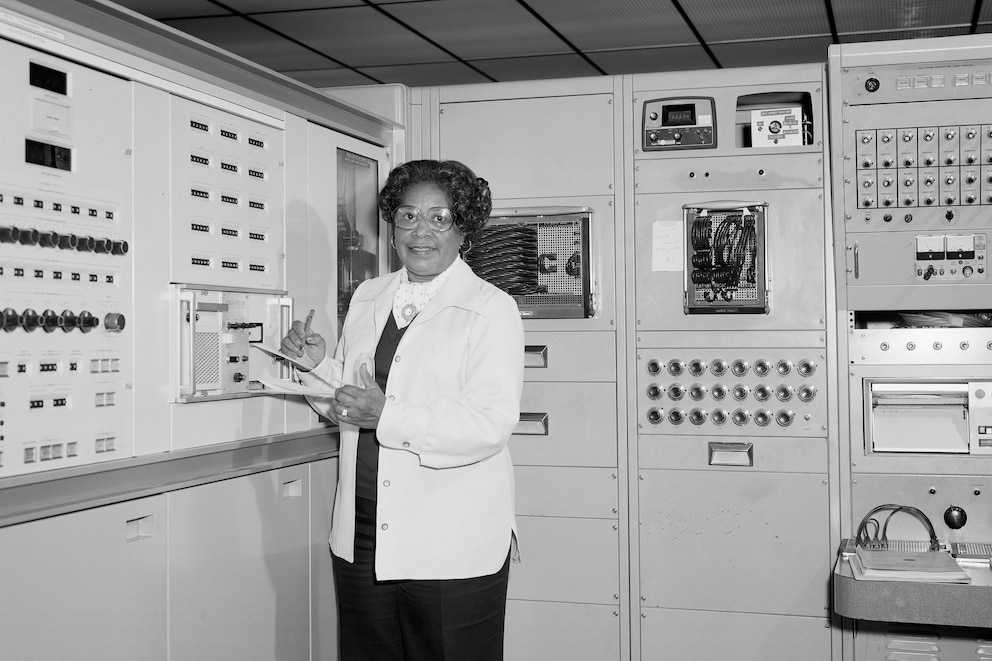
Feeling inspired yet? Because we’re diving deeper. The story of Jackson, Johnson, and Vaughan leaped from the shadows to the silver screen in 2016, thanks to the heartwarming and revealing film “Hidden Figures.” Janelle Monáe, Taraji P. Henson, and Octavia Spencer did them proud by bringing their extraordinary lives to vivid life.
During the ceremony, NASA Administrator Bill Nelson painted a nostalgic yet futuristic picture, not just paying homage, but connecting the pioneering spirit of these women to future missions to Mars. Truly, these unsung heroes set the stage for both our moon landings and our dreams of reaching the red planet. And yes, their teachings will steer our cosmic sails far into the galaxy.
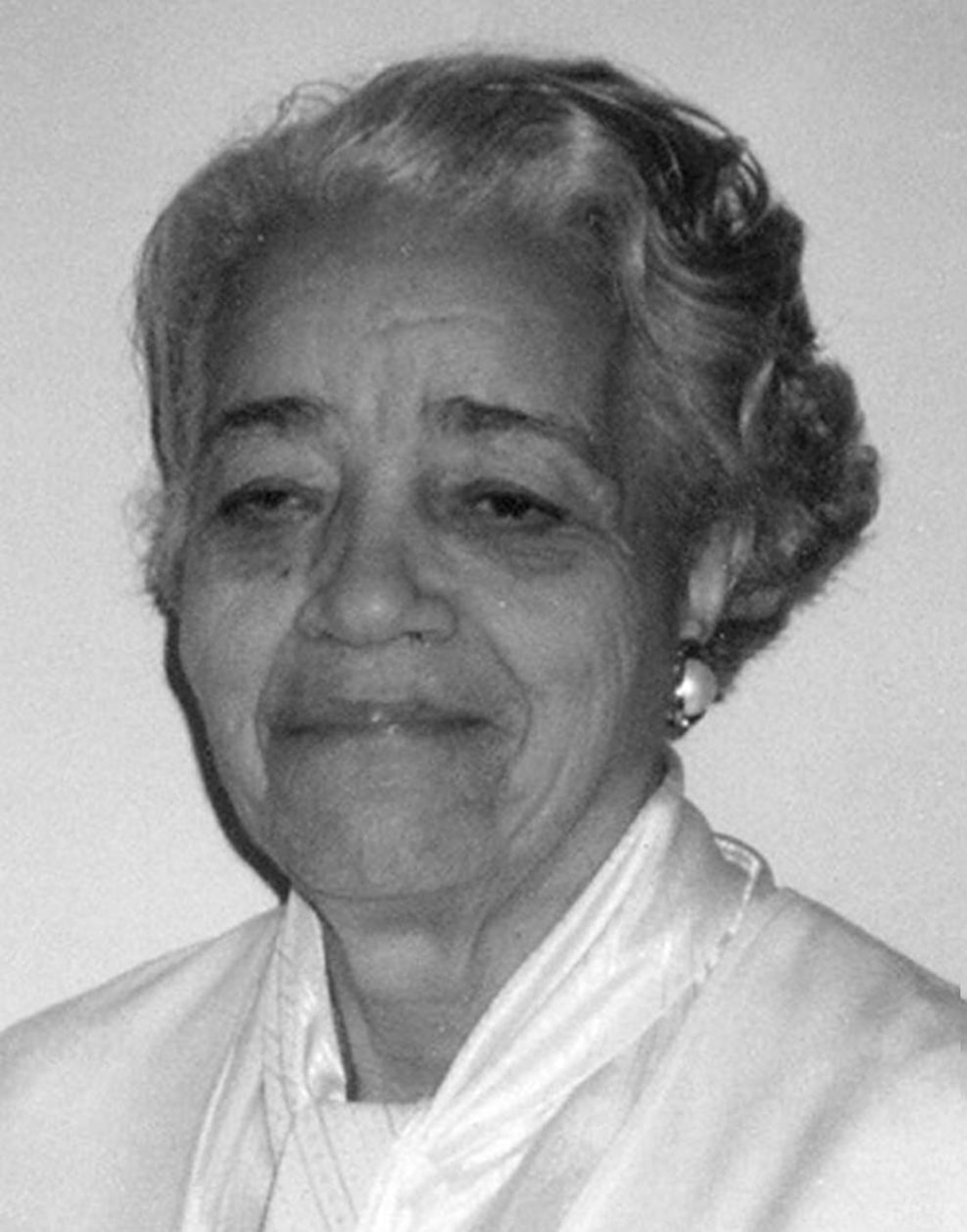
But wait – there’s more. The Congressional Gold Medal wasn’t just given to our three headline stars. Oh no, it extended its glittering nod to all women who worked as human computers, mathematicians, and engineers at NASA and NACA (NASA’s precursor) from the 1930s to the 1970s. A massive, collective high-five to those unsung heroines.
Nostalgia break: Remember Sputnik I back in 1957? That was the bell that rang in the space race. Fast forward a few years to President John F. Kennedy’s challenge to put an American on the moon. Quick trivia – Armstrong’s lunar footsteps owe a lot to the tireless calculations of our hidden figures.
Now, plot twist! Did you know Wednesday’s ceremony came almost half a decade after the enactment of H.R. 1396 – the Hidden Figures Congressional Gold Medal Act? Yup, the official “Oops, our bad” moment where the government acknowledged these trailblazing women from NASA and NACA who had been overlooked for too long.
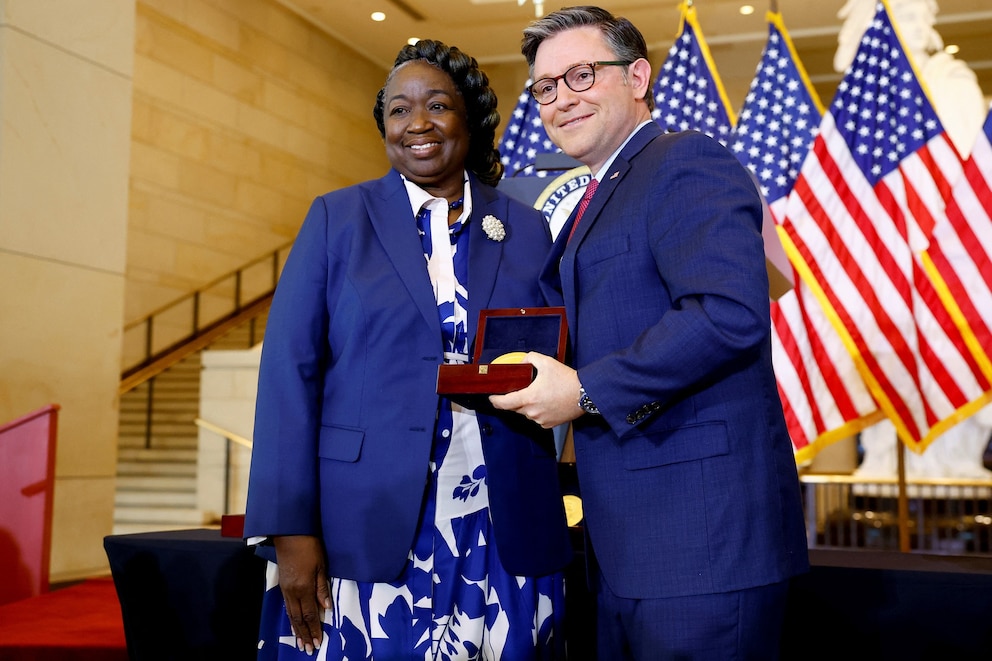
Remember the name Eddie Bernice Johnson. She’s the Texas congresswoman who spearheaded this initiative back in February 2019, emphasizing the significance of recognizing these brilliant minds. She considered it one of her top congressional privileges. Sadly, she passed away in December 2023, but her legacy gleams alongside the medals awarded.
Mary’s Unique Take
Mary’s final thoughts? Fitting that this blog ends with a heartfelt nod to persistence and fortitude. This isn’t just a medal ceremony, folks. It’s a reconciliation with history—an overdue correction of the record that changes the narrative. The truth will always outshine ignorance, and the brilliance of these women is proof that no contribution is too small to light up the path for humanity’s greatest leaps.
